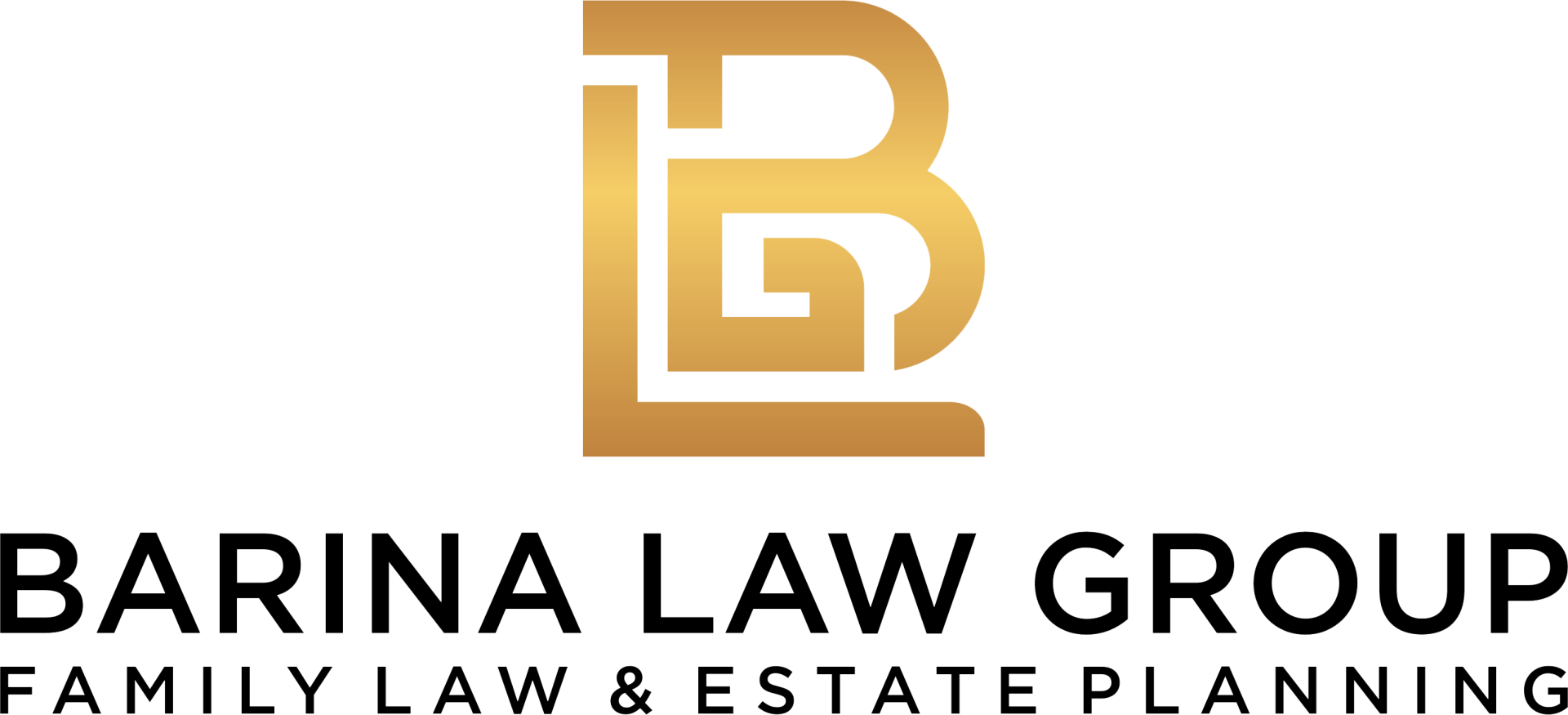As a business owner, of course, you want to protect your assets to the best of your ability. However, if you’re going through a divorce, you may be wondering how the proceeding will impact your business. A divorce lawyer can give you a proper direction.
There are going to be special circumstances that apply to you to secure your valuable business assets.
Splitting Assets and Liabilities
With divorcing business owners, dividing their assets and abilities can get trickier. The court will look at the former spouses’ properties and classify whether they are marital property or separate property. The court will then place a value on the assets, then distribute them between the former spouses accordingly.
Some types of assets and liabilities are more straightforward to divide and distribute than others. A vehicle, for instance, is one good example. In most cases, both spouses have their own car, so they will just keep those, respectively.
However, a marital residence, as another example, is going to be more challenging to distribute.
In the majority of divorce cases, the former spouses agree to sell the marital home and split the payment. In other cases, one of the spouses decides they want to stay in the house and would never want to sell it.
A Divorce Proceeding Will Affect Your Business
A divorce can affect the ownership of your business – especially if it’s a joint business you started with your former spouse. Unless you are amicable, it’s not the ideal situation to end up as business partners with your former spouse.
Another nonideal situation you may have to do is giving up half of your business assets to equitable distribution states, wherein it may not be a fair distribution – primarily if you’ve worked hard to make the business succeed.
Thus, you must take the necessary steps to protect your business, which includes hiring an experienced and trusted divorce attorney.
Marital Assets
When you give up half of your business, it may also mean paying the other assets to your former spouse. A good example is couples owning assets such as a marital home, vehicles, and even premium valuables such as art or other rare collections.
When you opt not to give up your half business, you have the option of giving your former spouse more of the marital assets. Essentially, you are ensuring that your former spouse doesn’t get ahold of the business you’ve worked hard for.
Differentiate Personal from Business Funds
Texas follows community property laws, meaning that most assets and debts acquired during the marriage are considered jointly owned by both spouses. When a couple divorces, the court must determine how to fairly divide their property, which can be a complex process—especially when personal and business finances are intertwined.
If you own a business, keeping your personal and business funds separate is crucial. Blurring these lines can make it difficult to assess true income, which in turn impacts decisions on child support, spousal support, and the overall property division.
Courts examine net income to determine financial obligations, and any commingling of funds could lead to disputes, increased scrutiny, and a lengthier legal battle.
To avoid complications, consider these steps:
- Maintain Separate Bank Accounts: Keep personal expenses and business revenue in distinct accounts to create a clear financial record.
- Pay Yourself a Salary: Instead of using business funds for personal expenses, establish a structured salary to clarify earnings.
- Document All Transactions: Track financial transfers between accounts and categorize expenses properly to avoid confusion in court.
- Keep Accurate Financial Records: Maintain clear bookkeeping, including tax filings, profit-and-loss statements, and business ledgers.
- Consult a Financial Professional: Having an accountant review your business finances can help ensure clarity and prevent legal issues.
- Avoid Using Business Accounts for Personal Bills: Courts may view this as an attempt to hide or manipulate income, which could negatively affect property division and support calculations.
- Plan for Business Valuation: If your business was started or grew during the marriage, the court may consider it a shared asset, and a valuation may be necessary for equitable distribution.
By keeping personal and business finances separate, you can provide clear documentation of your actual earnings, protect your business assets, and ensure a smoother divorce process.
Divorce Affecting Your Business
Besides hiring an experienced divorce lawyer, you can also benefit from employing an accountant’s services. The accountant will finalize the actual value of your business.
If you established your business before you got married, a divorce would have minimal impact on it – only if it’s clearly defined as your sole and separate property, and not marital property.
The issue always stems from failing to declare business as separate property when the business owner gets married.
If the business assets grew during the marriage, that growth in value could be classified as a marital property divided between the divorcing couple.
If your former spouse made significant contributions to the growth of your business, then it’s marital property – subject to distribution during the divorce. You can agree to compensate your former spouse for his or her contribution.
The best course of action is to get the legal guidance of a business owner divorce attorney. It’s essential to keep in mind that business and personal matters don’t mix well. In an ideal world, you are in good terms with your former spouse and can continue being business partners with them.
However, that’s not always the case. Therefore, you must know the steps to take to protect your business. Please reach out to us for essential divorce guidelines to ensure your business is secured.


 CALL US NOW
CALL US NOW







